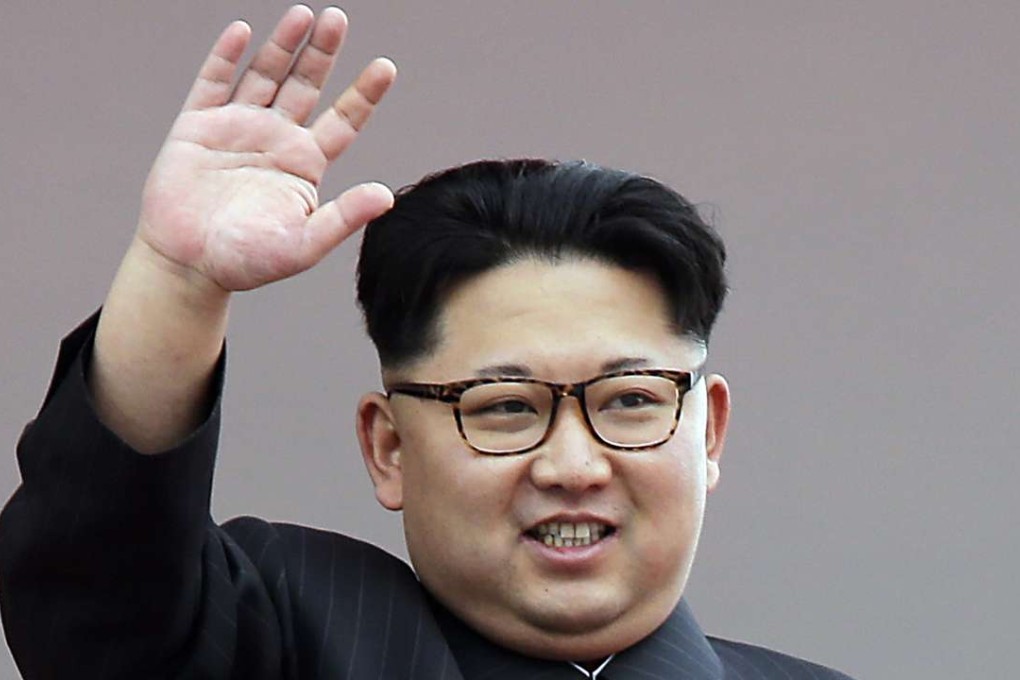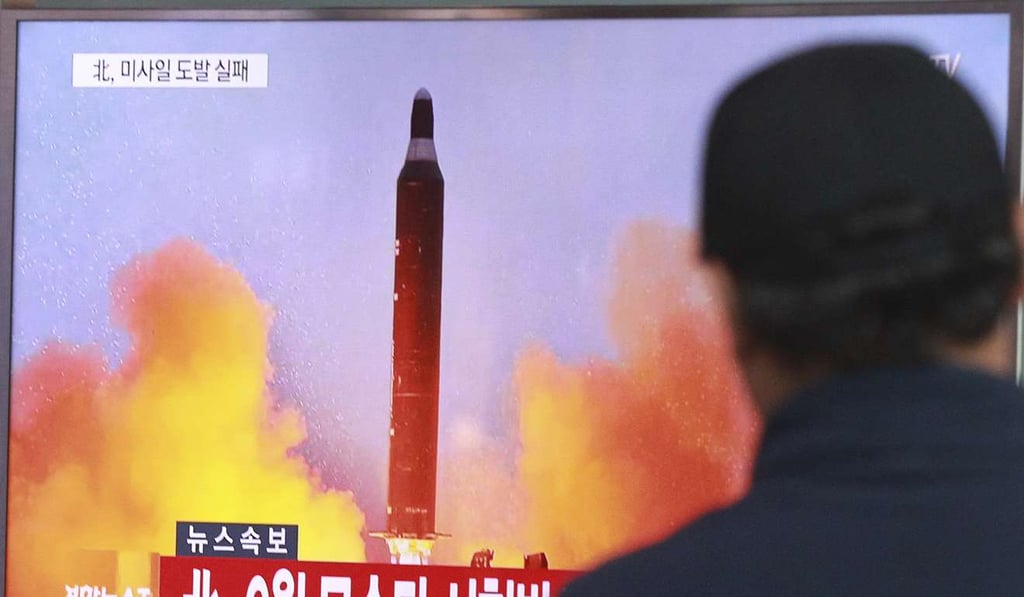China, North Korea going through rough patch but break-up not on the horizon

No matter what strategic steps are taken by the Chinese government to deal with North Korea, doomsday scenarios appear to be alive and well.
In a recent essay for Politico, former Clinton administration official James Rubin argued that China’s cut-off of coal imports from North Korea had by definition made the isolated country much more likely to export chemical and biological weapons to terrorist groups. This is a major stretch of logic, but it is indicative of the “damned if you do, damned if you don’t” quality to how observers tend to look at China’s enforcement of sanctions.
China’s halt to accepting North Korean coal exports may, of course, have many reasons behind it. The Chinese Communist Party is endeavouring to cut domestic coal consumption, for one. The party is also committed to enforcing UN sanctions. These have led to a highly unusual North Korean state news agency editorial complaining about Chinese criticism and sanctions enforcement – evidence that China is taking steps to close loopholes. Here, the doomsday scenario is not seen as chemical or biological, but political, portending a broader split between the Chinese Communist Party and the Workers’ Party of Korea.

The relationship between China and North Korea is obviously experiencing a rough patch, but additional facts exist which might indicate that some kind of public spat or breakup is not on the horizon. In February, these included the potential for electricity sharing agreements in the Tumen river valley, meetings between PLA generals and their North Korean counterparts and more infrastructure arrangements for the processing of North Korean seafood in Hunchun. None of this is particularly flashy – and Kim Jong-un is hardly pressing for a meeting with Xi Jinping – but in the border region and elsewhere, the bilateral relationship is continuing.